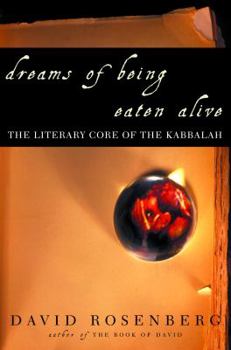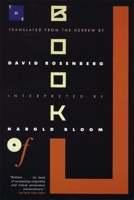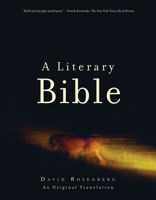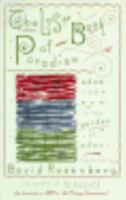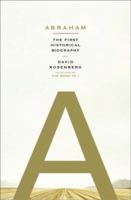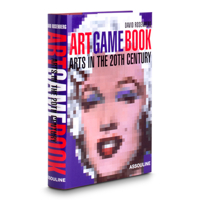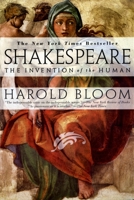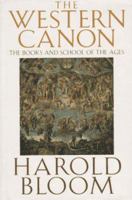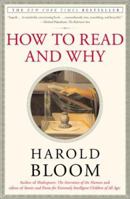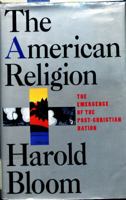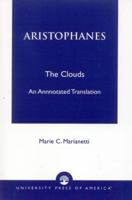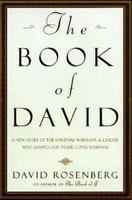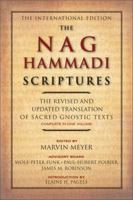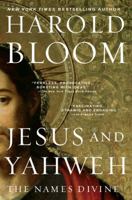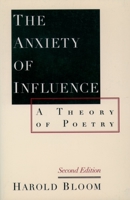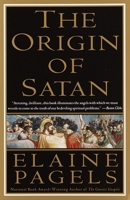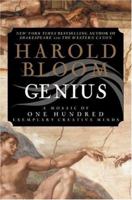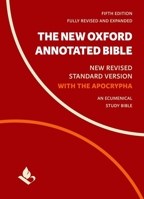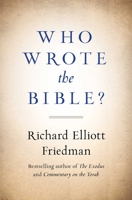Dreams of Being Eaten Alive: The Literary Core of the Kabbalah
Select Format
Select Condition 
Book Overview
Related Subjects
Education & Reference Judaism Kabbalah Religion Religion & Spirituality Sacred WritingsYou Might Also Enjoy
Customer Reviews
Rated 4 starsNot for the beginner or the merely curious
David Rosenberg warns the reader early on that this isn't a primer on Kabbalah. He isn't kidding: if you have never read anything about Kabbalah, or have only read the most simplistic (and usually misguided) "Kabbalah for Idiots" type of book, save your money and don't buy this book. After you've spent several months reading serious treatments of Kabbalah, then you can come back to this one. As others rating this book...
1Report
Rated 4 starsReadable Oblique Translation/Commentary: Kabbalacadabra
Dreams of Being Eaten Alive is a personal rendering of selections of the Zohar, the central mystery text of the Kabbalah, written mostly by Moses de Leon but attributed to an earlier author, Rav Shimon bar Yohai. The textual trick of claiming authorship for others mirrors, according to author David Rosenberg (a Bible expert, and coauthor with Harold Bloom of the The Book of J), the technique of the writers of the Old Testament...
1Report
Rated 5 starsTrue Kabbalah feelings
David Rosenberg book is the first I read which does not explain Kabbalah. Like love, Kabbalah canot be explained.The reader gets help to FEEL what Kabbalah is. The authors, David Rosenberg and Rhonda Rosenberg, use modern day sensations and ideas, accessible to a contemporary. I include Rhonda Rosenberg as an author, as she contributed to the most important chapter of the book, Part III, "How to receive the Kabbalah"The lecture...
0Report
Rated 4 starsLooking for something different?
If you're looking for a "Kabbalah 101" book, then this is not the book for you. Rosenberg does a wonderful job of explaining why the Kabbalah is, not what it is. This is a book of mystical truths and archetypes. His interpretations are insightful and provocative. A must read for the seeker of the non-traditional genre.
0Report











